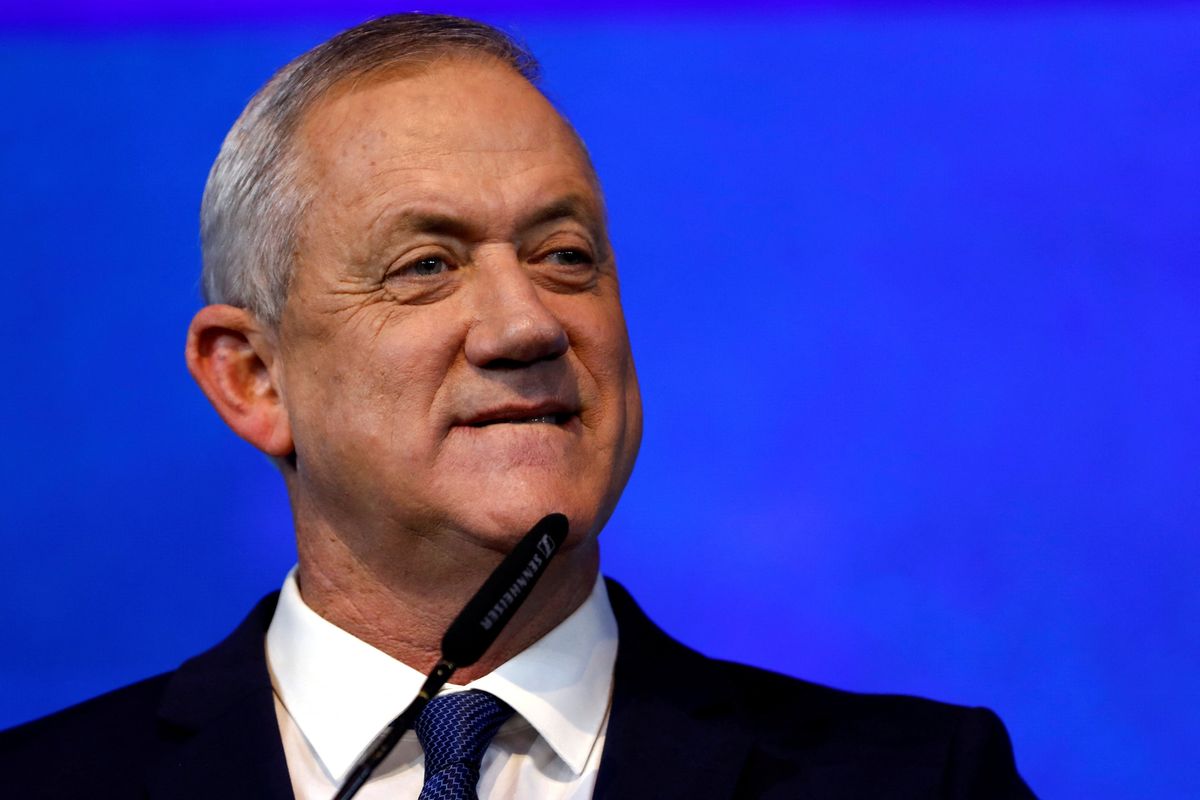On Monday, Israeli senior government official Benny Gantz met in Washington with Vice President Kamala Harris, National Security Advisor Jake Sullivan, and lawmakers of both parties. Israel’s Prime Minister Benjamin Netanyahu is not happy about it.
Though Gantz now serves in Netanyahu’s coalition government, the two are longtime political rivals, and wartime policy differences have added new strains to their relationship. Gantz has publicly criticized Netanyahu’s conduct of the war, and the prime minister reportedly ordered the Israeli embassy not to participate in Gantz’s Washington meetings. Some of Netanyahu’s allies have publicly accused Gantz of undermining the war effort itself.
Gantz is a lead candidate to replace Netanyahu as PM in the coming months, and there are differences between the two men worth noting. Gantz would have a better relationship with Washington, any Israeli PM’s most important foreign ally. The Biden administration appears increasingly fed up with Netanyahu’s inability to bring the war to a swift end and his unwillingness to allow more humanitarian help for Palestinian civilians caught in the crossfire.
But their largest difference is not about the need to destroy Hamas. It’s about who has the credibility to achieve that goal and lead Israel into the future. In short, a Gantz government probably wouldn’t offer a major shift in wartime strategy.






